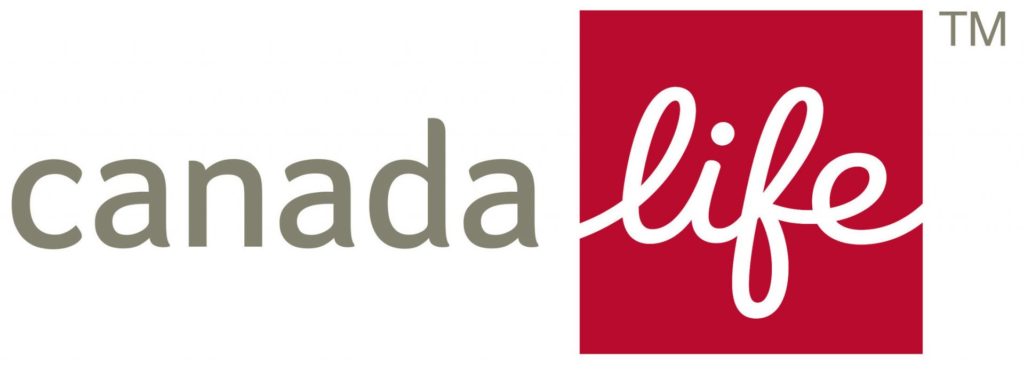Theodore Fontaine: A Remarkable Elder
Theodore Fontaine died on May 10, 2021. He was an Elder with wisdom, compassion, forgiveness, humility, fearlessness in telling the truth of the past, all coming from a deep sense of pride in who he was and his people. His book, “Broken Circle, The Dark Legacy of Indian Residential Schools” is a remarkable memoir of his years in the Fort Alexander Indian Residential School, from 1948-1958 and the Assiniboia Indian Residential School from 1958-1960. For years, he supported survivors and spoke about reconciliation with those who were perpetrators of his abuse. Theodore was also a friend and advisor to Circles…

